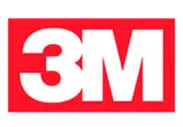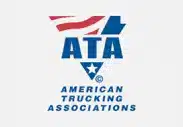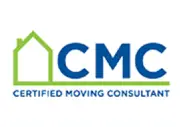Moving estimates can be either binding or non-binding, and each one has its advantages and disadvantages. There are two types of moving estimates or quotes that a mover can provide: Binding and Non-Binding, with two sub-types of Binding Estimates. The moving company must clearly state that the estimate is binding to you and your mover. Each binding estimate must also clearly state that the charges are only for services outlined in the estimate. Attempt to fight the temptation to speedily acknowledge the quote with the least cost, joined by false promises and guarantees for accomplishing the occupation in a phenomenally fast amount of time. These are the typical signs of a scam scheme. The Hostage: A mover provides you with an estimate, only to add extras on once they have your belongings in their possession. Bait and Switch: A mover will provide you with an estimate for the cost of your move, and then switch this arranged deal at the last minute. Trumped Up Delivery Charges: A mover will tack on additional charges based on unfounded reasons. Your future city to city moving company is obliged by Federal Law to provide you with a copy of a booklet named “Your Rights and Responsibilities When You Move”. This booklet includes detailed information about your rights and responsibilities as an individual shipper of household items. Also, the mover of your choice will prepare a contract (also known as Bill of Lading) for your particular move. You are 100% responsible for reading the Bill of Lading” in order to If there are any clauses that you fail to understand, or in fact, anything that bothers you, ask your moving company for clarification. Caution: You should never sign blank documents. If the document has your signature and has no number you are absolutely in violation. There should never be an empty bill simply because you may not know what exactly they will write and whatever they do write will be legal unless proven otherwise.

























